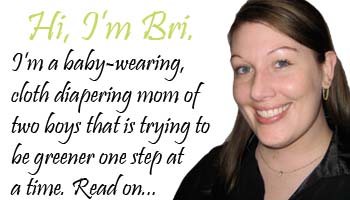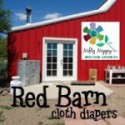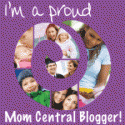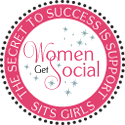As many of you know I have 2 children, both boys and there is a pretty large age gap (T-Bone is 13 years old and Tates just turned 2 years old). I had T-Bone at a very young age and was not only clueless being a first time mom but since I was so young I wasn’t aware of pretty much anything that didn’t directly affect me or my little one. I worked with a girl that had a young baby girl that was sick with
Respiratory Syncytial Virus (R.S.V.) however I didn’t even know what it was. Now that I am older and since Tates was seriously ill recently I am much more aware of the world around me but still embarrassed to admit I only recently learned about RSV.
So for those of you that might be new to this like me, here is some important information that everyone needs to know, if you are a parent or maybe visiting a newborn, or just know someone with children and can pass along this information you might just save a life.
What is RSV?
Respiratory syncytial virus (RSV) is a common, easily spread virus that almost all children catch at least once by the time they turn 2. In most older children, RSV runs its course with mild symptoms similar to the cold or flu, and many parents may not even know their child has the virus. But in very young babies—and especially preemies and those with certain lung and heart diseases—it can lead to a serious respiratory infection.
What are the Symptoms of RSV?
RSV disease usually causes moderate-to-severe cold symptoms. However, for some babies, complications from RSV disease can lead to a serious lung infection. Call your baby’s doctor if your baby has any of these problems:
- Coughing or wheezing that does not stop
- Fast breathing or gasping for breath
- Spread-out nostrils and/or a caved-in chest when trying to breathe
- A bluish color around the mouth or fingernails
- A fever (in infants under 3 months of age, a fever greater than 100.4°F rectal is a cause for concern)
What can you do to protect children from RSV?
- Wash your hands (and your children’s hands) thoroughly and often especially when coming in contact with a newborn/infant
- Wash clothing, bedding, and soft toys frequently
- Avoid crowded public areas especially during RSV season (typically November-March depending on where you live)
- Avoid cigarette smoke (every parent should do this all the time in my opinion)
- Avoid people that you know are sick~as a parent it is not rude or out of line to ask people that are sick or feeling under the weather to not visit while they are ill, a visit when they are feeling their best will be fun for everyone!
Serious RSV infection is the leading cause of infant hospitalization, responsible for more than 125,000 hospitalizations and up to 500 infant deaths each year. If you are like me and don’t have a newborn or infant in your home this is still something that can affect you, one of my best friends just had a baby and our entire family went to visit the new little bundle of joy and see how mommy was doing and I am so relieved in knowing these simple steps to live by made sure our visit was a safe one.
To learn more about RSV and find out exactly when the RSV season is in your area please visit RSVProtection.com.
I wrote this review while participating in a blog tour by Mom Central Consulting on behalf of MedImmune and received promotional item to thank me for taking the time to participate.




 3 Days Left
3 Days Left 







It's hard as a parent to know the signs and symptoms of every illness your child could get, so don't beat yourself up about it. My son was acting irritable all weekend and I thought it was just new teeth (lots of drooling and chewing his hand). Turns out it was hand, foot, and mouth disease. So I think it's often only once they're sick that you find out all of the possibilities out there!
Leigh,
My goodness! I have heard about that before, my friend used to run a daycare and there was an outbreak. I just can't believe I know so little about things sometimes and I try to stay so well informed. Thanks for the love